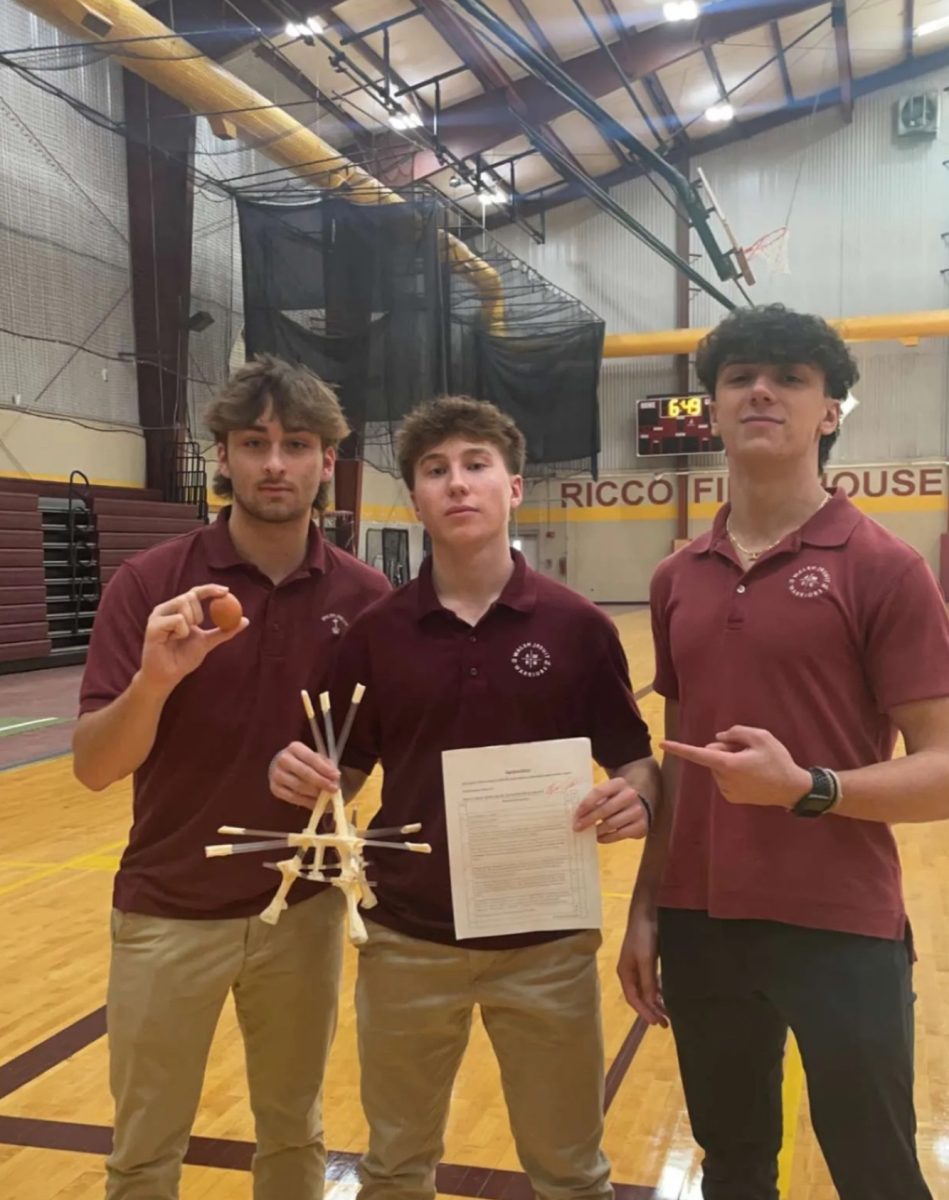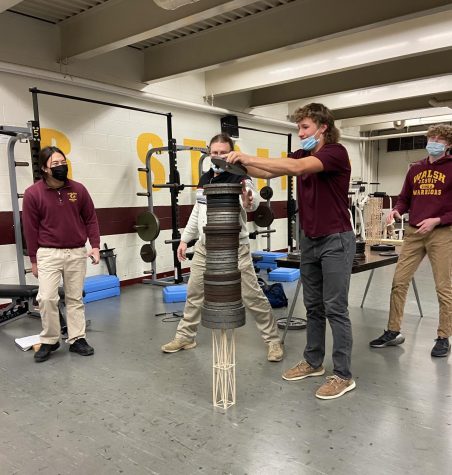School. Practice. Homework. Sleep. Repeat.
Balancing school and sports causes tremendous stress for student athletes
October 19, 2017
The halls of WJ overflow with student athletes, most of whom would confess to undergoing stress. Understandably so when having to endure a seven-hour school day followed by a two-hour practice, three hours of homework, and a mere six hours of sleep.
When asked about her training schedule, senior cross country runner Bryanna Renuart said she has practice six days a week and swim practice three of those mornings. With so much on her plate, Bryanna stated, “The combination of sports and school is overwhelming.”
A senior on the men’s soccer team, Noah Casenhiser, also feels pressure from the demands of his schoolwork and sports activities. Noah admitted, “I feel pressured to maintain good grades while still performing well on the field.”

Junior soccer star Anthony DeCarlo is vexed by the balance of academics and athletics he is trying to strike in his life as the season continues and there seems to be just “too much work at times.”
Dominic Audino is also no stranger to stress. The junior soccer player mentioned the difficulty of time management: “It’s extremely difficult trying to fit in time for homework, soccer, family, and friends.”
Due to consistent high levels of stress, numerous student athletes have found coping mechanisms that work for them. Senior hockey player Drew Rossiter works out to cope with stress, while Brianna Renuart does all of her homework as soon as she gets home to avoid having it hang over her head.
Although some students have found methods for de-stressing that work for them, Heidi Weiker, Wellness Program instructor at WJ, suggested physical activity first and foremost. She recommended “quick, powerful, strong, vigorous movements all day long, whenever stress creeps in. Stop. Push. Pull. Kick. It does not have to be a workout.” Following the movement, she emphasized the importance of taking a cleansing deep breath.
Finding time for sleep can be challenging with all the commitments of a student athlete. In fact, many student athletes experience sleep deprivation. This not only hinders their athletic performance but also their attention in the classroom.
The National Sleep Foundation recommends that teenagers get at least nine-and-half hours of sleep per night. Dominic Audino and Bryanna Renuart both average only six-and-a-half hours.
Miss Weiker explained the effects of sleep deprivation: “Lack of sleep affects our ability to focus and even affects our strength, because in our sleep we restore and repair muscles.”
Some strategies can contribute to better sleep. Student athletes can avoid caffeine which will then lead to more restful sleep. Also, exercising earlier in the day (no later than four hours before bedtime) can help. Additionally, one should avoid naps longer than thirty minutes during the day, for sleeping in daytime makes it harder to fall asleep at night.
The busy life of a student athlete can be stress-filled but can be handled through coping mechanisms and rejuvenating sleep.










